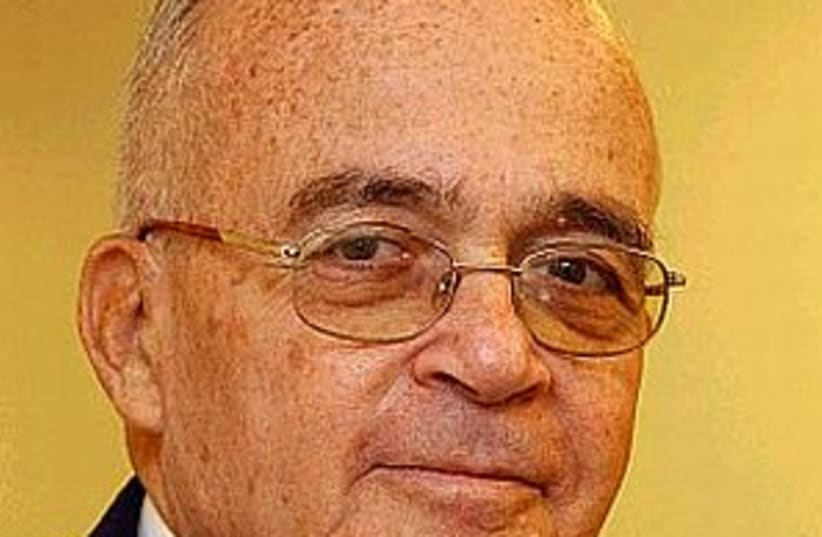| JPOST.COM HIT LIST | |
| JPost.com's most popular articles this past week |
Zeiler to debate access to testimony
Lawyers for commission investigatees want access to confidential information.


| JPOST.COM HIT LIST | |
| JPost.com's most popular articles this past week |